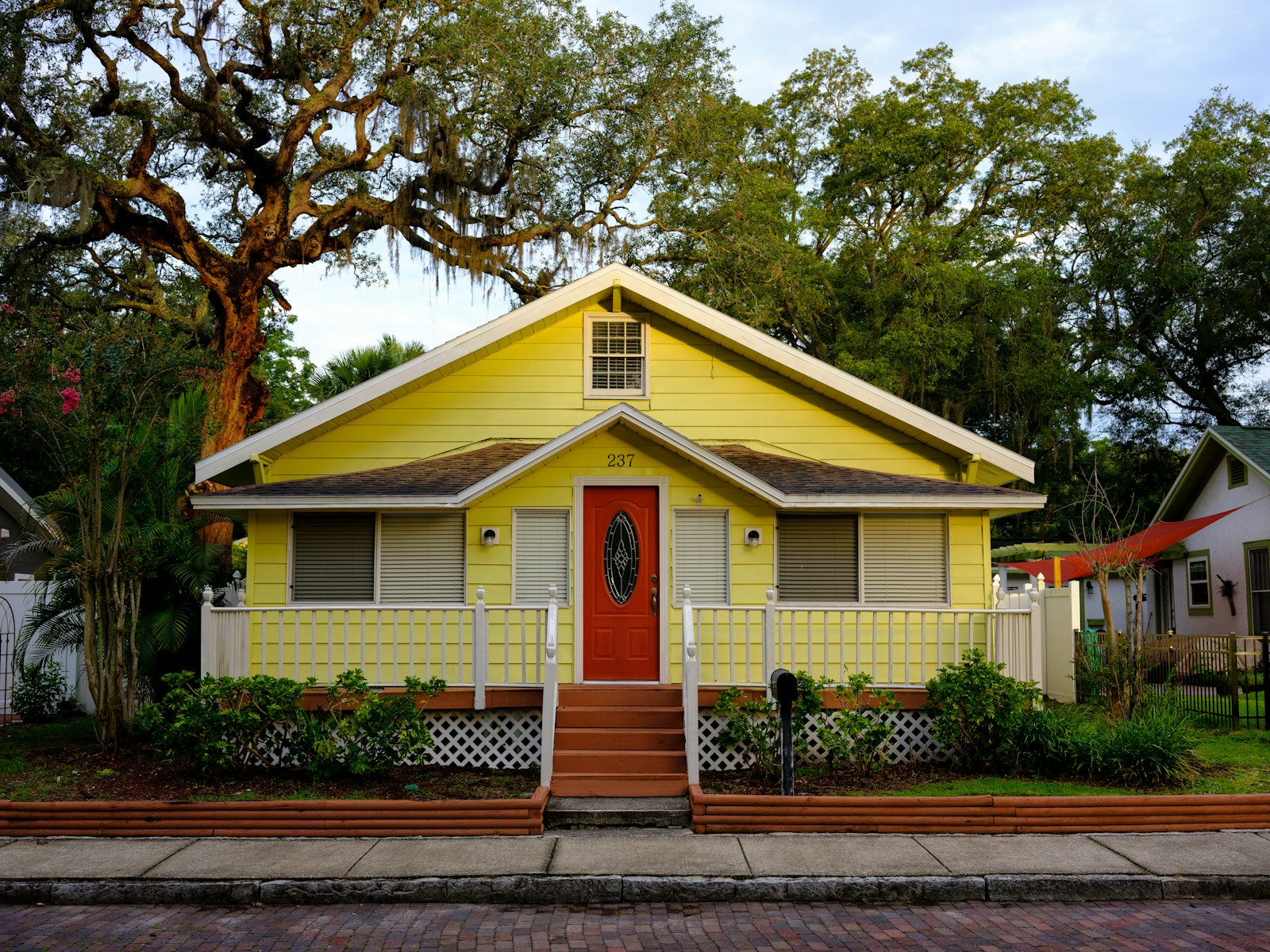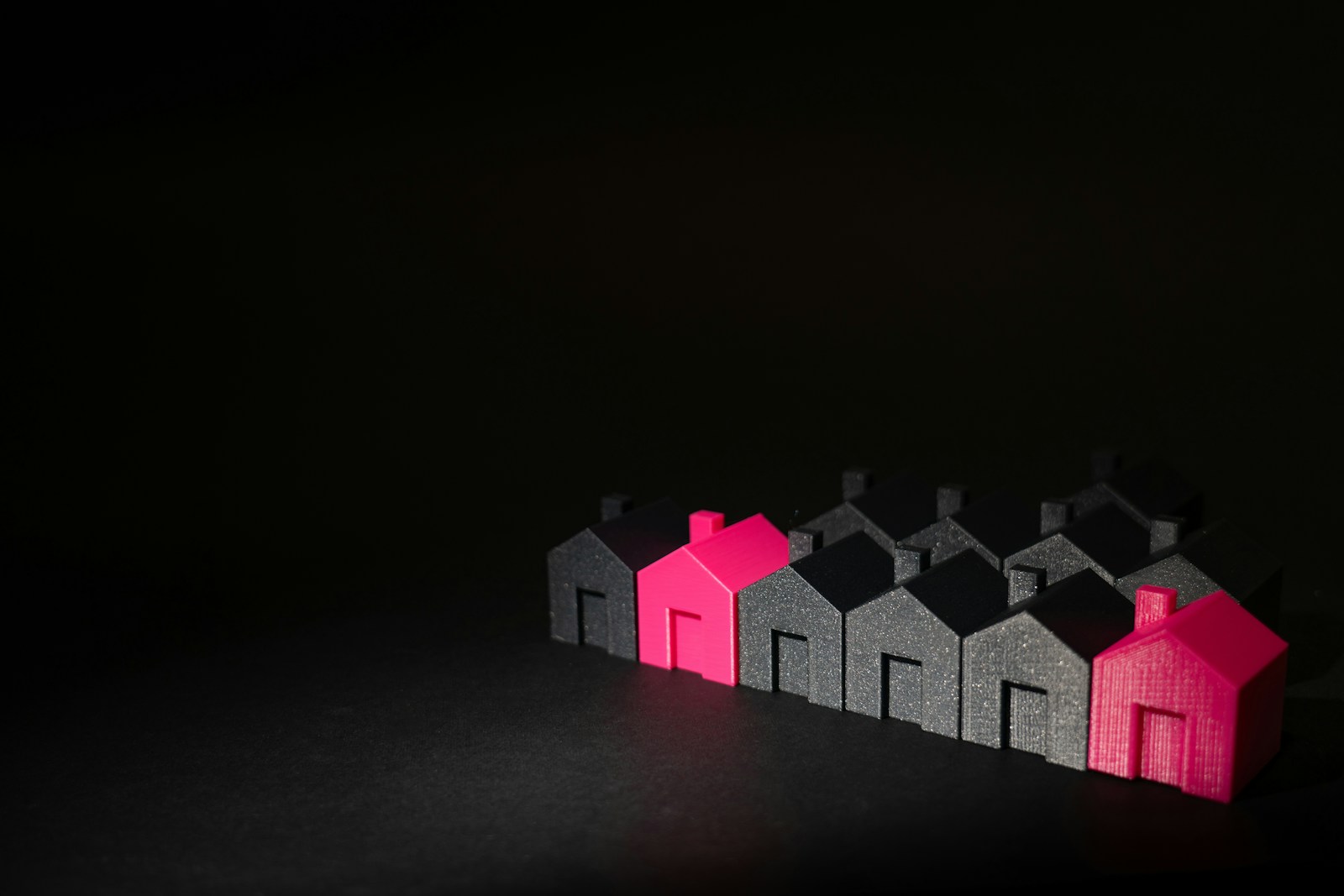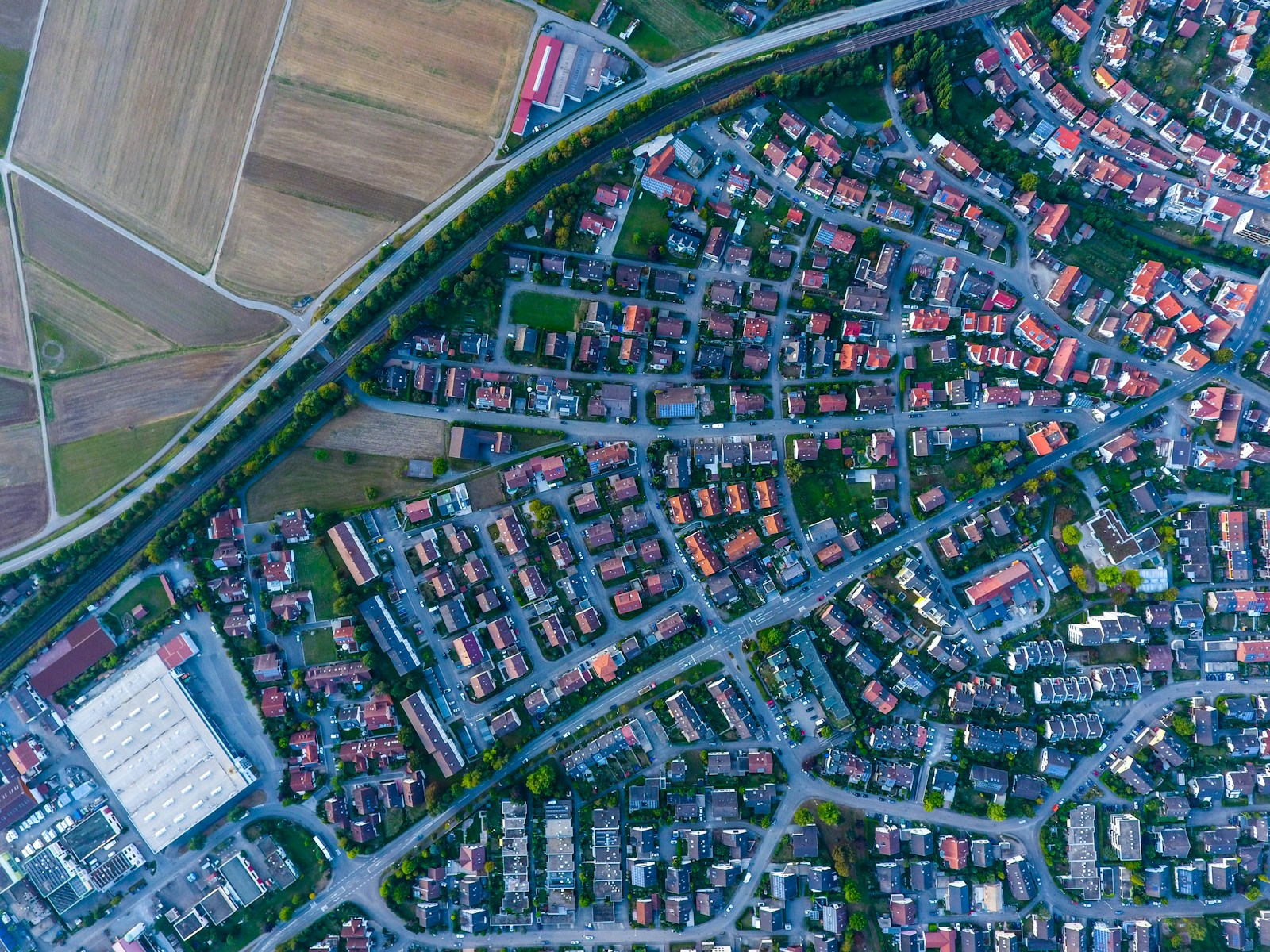When it comes to buying a home, the phrase "location, location, location" couldn't be more true. While a house can be renovated or customized to your liking, the neighbourhood it’s in is something you can’t change. Choosing the right neighbourhood isn’t just about resale value—it’s about lifestyle, long-term happiness, and feeling at home in your community.
Whether you’re a first-time homebuyer or a seasoned mover, here’s what you should consider when evaluating a neighbourhood.

1. Lifestyle Fit: Does the Neighbourhood Suit You?
Think about your daily routine and personal priorities. Are you looking for a quiet, family-friendly street with parks and schools nearby? Or do you prefer an urban lifestyle with walkable access to shops, restaurants, and transit?
Take note of:
Walkability and bike-friendliness
Proximity to work or transit routes
Access to shopping, dining, and entertainment
Community vibe—quiet and suburban or vibrant and bustling
The neighbourhood you choose should reflect your values and routines, not just your wishlist.

2. School Districts: A Critical Factor for Families
Even if you don’t have children, buying in a top school district can positively impact your home’s resale value. For families, proximity to well-rated public or private schools is often a top priority.
Do your homework:
Research local school rankings and reviews
Visit schools and explore catchment boundaries
Consider daycare, preschool, and extracurricular access too

3. Safety and Crime Rates
Feeling safe in your neighbourhood is essential. A beautiful home won’t feel like home if you’re constantly worrying about safety. Check crime statistics for the area and consider visiting during both day and evening to get a true sense of the neighbourhood’s atmosphere.
Websites like the local police department or municipal open data portals can help you access:
Crime maps
Community watch reports
Emergency services coverage

4. Future Growth and Development
A neighbourhood that’s on the rise can be a great investment. Look into local development plans and city infrastructure projects. New schools, transit expansions, retail spaces, or recreational developments can all increase property values and enhance quality of life.
Consider:
Zoning changes or upcoming commercial developments
Highway or public transit expansions
Long-term city planning strategies

5. Community and Culture
What kind of community are you looking to be part of? Some neighbourhoods have active homeowners’ associations and host block parties or local events. Others may offer cultural diversity, historical charm, or a more laid-back feel.
Get to know:
Local events and festivals
Community centres or clubs
Neighbourhood traditions or reputation

6. Noise, Traffic, and Environmental Factors
Don’t overlook the details that impact day-to-day comfort. Is the home near a major roadway, train line, or flight path? Are there industrial zones nearby that could affect air quality, noise levels, or traffic patterns?
Check:
Proximity to highways or transit stations
Garbage and recycling schedules
Flood zones or environmental concerns

7. Resale Value and Market Trends
Even if you plan to stay long-term, neighbourhood trends will influence how your property appreciates over time. A great location can protect your investment and give you more flexibility down the road.
Ask your realtor for:
Average days on market in the area
Year-over-year price growth
Buyer demand and inventory levels
Final Thoughts
The perfect home isn’t perfect if it’s not in the right neighbourhood. Take the time to walk the streets, talk to residents, and imagine yourself living there—not just in the home, but in the broader community. Partnering with a knowledgeable local realtor can help you uncover the nuances of each area and find the neighbourhood that fits your lifestyle and future goals.
If you're searching in Burlington, Oakville, or the surrounding areas, our team is here to guide you toward the neighbourhood—and home—that’s right for you.
Contact The Smallbone Team today to start your personalized neighbourhood search.

